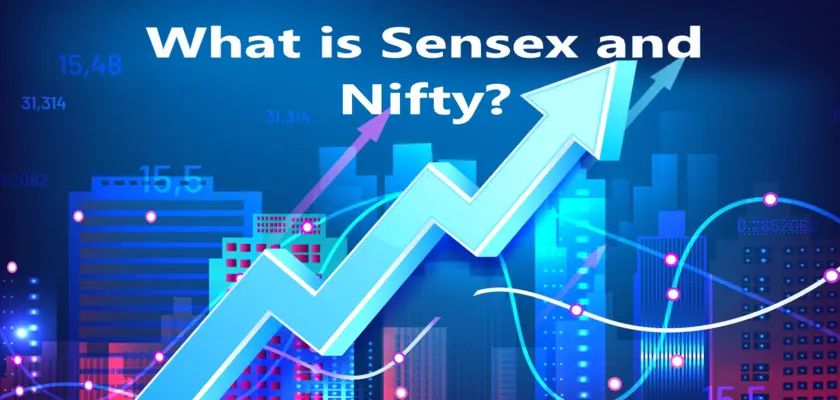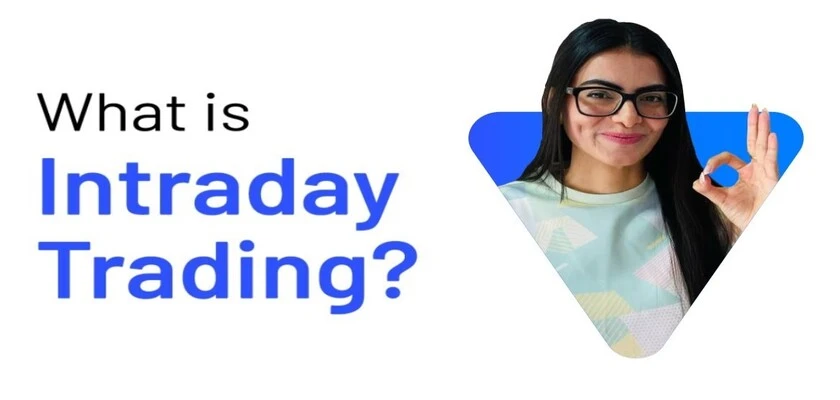If you’re looking to make money through trading or investing through the market of shares but do not know all the details about Sensex as well as Nifty then you cannot make money through shares market as Sensex as well as Nifty are two crucial components of the market share.
What is Market Index?
Market indexes are an gauge of the overall performance of the various companies listed on the market. It’s a measure of many factors like its performance in the stock market as well as price changes as well as the overall performance of the market for shares.
The index for the stock market shows all changes that take place on the stock market. They help investors to recognize patterns in the market’s movements and permit investors to make investment decisions in stocks according to the trends.
Sensex as well as Nifty are the indexes that are part of BSE and NSE and NSE, respectively. The stock exchanges are able to list the shares traded on markets, indices of stocks show the changes that occur within the market.
What is Sensex?
The Sensex is the markets index from BSE that is also referred to by the name of S&P BSE Sensex, is one of the most enduring market indexes in India. Sensex is the acronym for Stock Exchange Sensitivity Index. It is comprised of those companies that are among the best registered by BSE in order to conduct trading.
The Sensex is calculated using the free-float capitalisation method. Through this the performance of 30 businesses is reflected. The method of free-float market capitalisation provides a measure of the shares that are available for trading and issued by companies to the public on the market.
To calculate Sensex market capitalisation, it is calculated by multiplying the outstanding shares of a company by their value. Then the market capitalisation free-float is calculated by using the free-flow ratio.
To calculate what value is Sensex the market’s free-float Capitalisation is divided into the base value, or an index divisor equal to 100. For reference, the base value of Sensex will be 100.
What is Nifty?
Nifty is a stock market index that is part of the National Stock Exchange, stands for National Stock Exchange Fifty. The Nifty index is comprised of the fifty of the top companies listed on the NSE. The process that is used to determine Nifty is similar to Sensex, i.e., the free-float capitalisation method.
In the beginning the market capitalisation is calculated to calculate the Nifty. The market price and equity are then multiplied to determine market capitalisation. The equity capital then gets multiplied by the cost to determine the capitalisation free-float.
Additionally, the results can be divided by Investable Weight Factor (IWF) to calculate the free-float capitalisation of the market. The IWF is the percentage of shares that investors are able to trade on the stock exchange.
For reference, the base value to calculate Nifty is 1000. The market price will be divided into the market capital base and then multiplied by the base amount, i.e., 1,000 to calculate the Nifty index value on every day.
Difference in Sensex and Nifty
Sensex is the acronym as Stock Exchange Sensitive Index and it is a market index used by BSE and, in contrast, Nifty is a reference to National Stock Exchange Fifty and it is a market index for NSE.
Nifty is run by NSE Indices Ltd, a subsidiary of NSE named NSE Indices Ltd. In contrast, Sensex is operated by a subsidiary of NSE called BSE Indices the other hand, Sensex is operated by BSE.
The base index value of Sensex is 100. Similarly, the index base value for Nifty has a value of 1000.
Sensex is comprised of 30 well-established businesses and Nifty includes 50 of the top companies which are traded at BSE or NSE respectively.
The two Sensex along with Nifty are considered to be the most important gauges of Indian market’s performance. They serve as benchmarks for comparison of the performance of mutual funds.
Disclaimers
The act of trading and investing into the markets for stock, which includes the securities listed in Sensex and Nifty have inherent risks. Value of investment could fluctuate, and the past results do not necessarily guarantee the future performance. Before you make any investment decision be sure to consider your financial goals and risk tolerance and expert guidance if you need it.
Risk of Market Volatility market markets can be volatile, that can result in rapid price fluctuations in the securities. Investors must be prepared for market fluctuations and losses.
FAQs:
1. How do Sensex or Nifty determined? Sensex and Nifty are calculated by using a weighted average of market capitalization technique. The price of stocks of company’s constituents and their market capitalizations are considered in determining the value of the index. The changes in the prices of stocks and market capitalizations of listed companies affect the value of the index overall.
2. What’s the distinction in Sensex and Nifty What is the primary difference? is the amount that they have in common, as well as the exchanges they’re listed on. Sensex is comprised of 30 companies listed on the BSE while Nifty is comprised of 50 companies listed on the NSE. Both are an indicator of Indian market’s performance, however they represent different businesses.
3. Do I have the option of investing directly directly in Sensex or Nifty You are not able to directly make investments in Sensex or Nifty since they are indexes of the market, not securities that are tradable. You can however invest in mutual funds and ETFs, or exchange traded funds (ETFs) which aim to replicate the results of these indexes.
4. Can Sensex and Nifty sure to increase in the future There aren’t any guarantees that Sensex or Nifty will increase in the future. The market for stocks is influenced by many factors, including economic conditions, corporate performance and global events that can result in fluctuations in indexes’ value.
5. How often are Sensex and Nifty changed? Sensex and Nifty are constantly reviewed by their respective exchanges to ensure that they accurately reflect the market’s current state. Businesses can be added to and removed from indexes depending on their market capitalization, as well as other criteria for eligibility.





